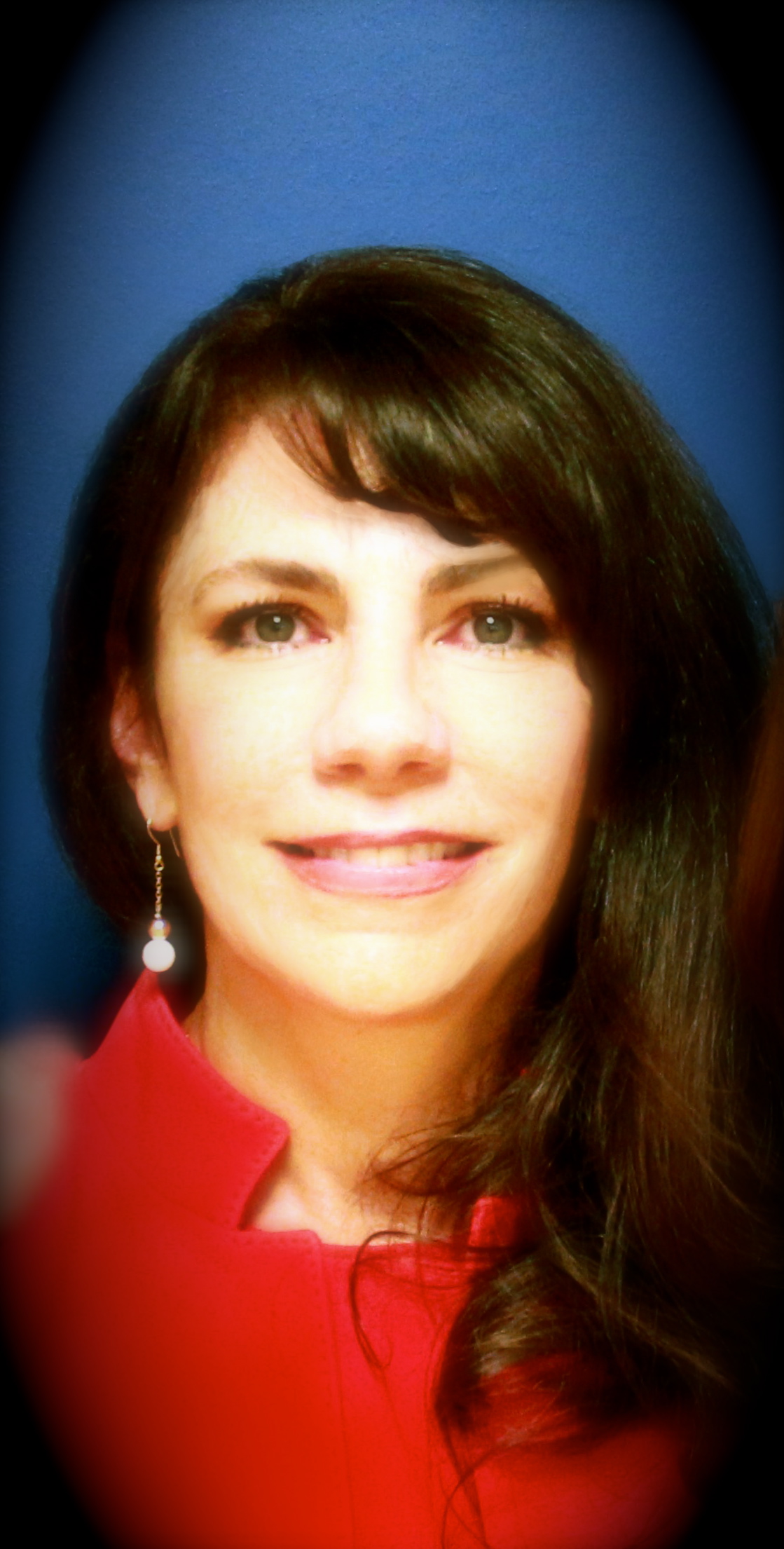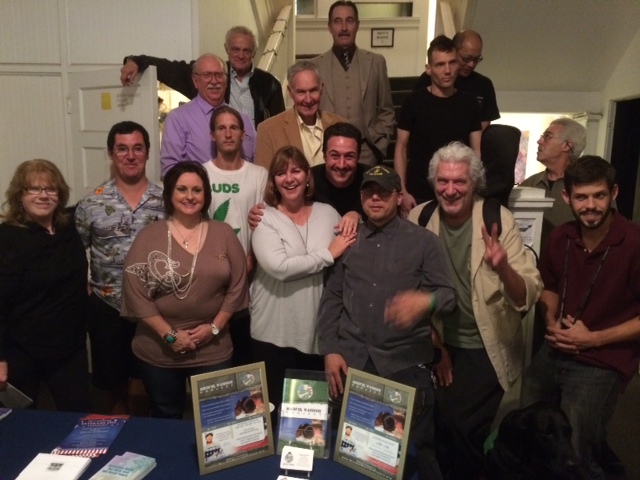Rose Mary Salum (Mexico) is the founder and director of the award-winning bilingual magazine Literal, Latin American Voices. She is the author of Delta de las arenas, cuentos arabes, cuentos judíos (Literal Publishing, 2013), Spaces in Between (Literal Publishing, 2006), a book of short stories, and co-author of Vitrales (Edamex/Mexico, 1994). Her poems and short stories have been included in anthologies in the United States, Argentina, Mexico, India, Australia, and Spain. She has published fiction and essays in many periodicals. Salum has received international awards for her literary and editorial work including the 2014 International Latino Book Award, the Council of Editors of Learned Journals (CELJ) Best New Journal for 2006, and four Lone Star Awards, among others.

What makes your press and its programs unique?
Well, for some reason the word unique feels a bit ambitious. However, what we have tried to accomplish all these years at Literal is to try and bring the most established authors from Latin America into the consciousness of American readers.
What recent project and/or program have you been especially proud of and why?
I’m happy about a few of them. We recently invited David Miklos, a very well-established writer in Mexico, for an event. People fell in love with him because he unveiled very intimate family situations that engaged the audience. These powerful themes run through much of his work. Another excellent author and thinker who has joined us is Jesús Silva-Herzog Márquez. People wrote us afterwards asking for more writers like him. The thing is that when we bring these authors to Houston, Texas, we create not only awareness, but also a liaison that connects people to their roots.
What’s the craziest (or funniest or most moving or most memorable) thing that’s happened at an event you’ve hosted?
When David Miklos was speaking about both his adoptive mother and his biological mother, the latter was there in the audience, not understanding what he was talking about. She didn’t know him well (this was the second time she saw him after more than forty years) and yet, her eyes were sparkling with joy. It was touching, but at the same time mind-blowing. Did she feel regret? Was she happy that he became such a successful person? All these questions were on everyone’s minds, and yet, the audience received her presence with such welcoming warmth.
How do you cultivate an audience?
With the magazine, the books we produce, the cultural events, social media… with everything that we can think of!!! In a world that is bombarded with so much information, invitations, activities, reminders, and so on, it’s hard to cultivate a faithful audience, but we try.
How has running a press impacted your own writing and/or life?
I’ve learned so many things on so many levels that it would take me weeks to explain. In fact, I’m tempted to write a memoir only related to what I’ve learned, who I have met, and the funny stories that accompany the kind of work I do.
What do you consider to be the value of small presses in your community?
In my opinion, they are the ones that bring the jewels of the world of literature to readers. The larger publishing houses are more concentrated on what they will sell to pay every month’s commitments. Sometimes the quality they offer is not as great as what the small presses bring to the public. Small presses are the ones that take more risks to open spaces for new and talented authors.
Photo: Rose Mary Salum
Support for Readings & Workshops events in Houston is provided by an endowment established with generous contributions from the Poets & Writers Board of Directors and others. Additional support comes from the Friends of Poets & Writers.







 Yanique was chosen from a
Yanique was chosen from a